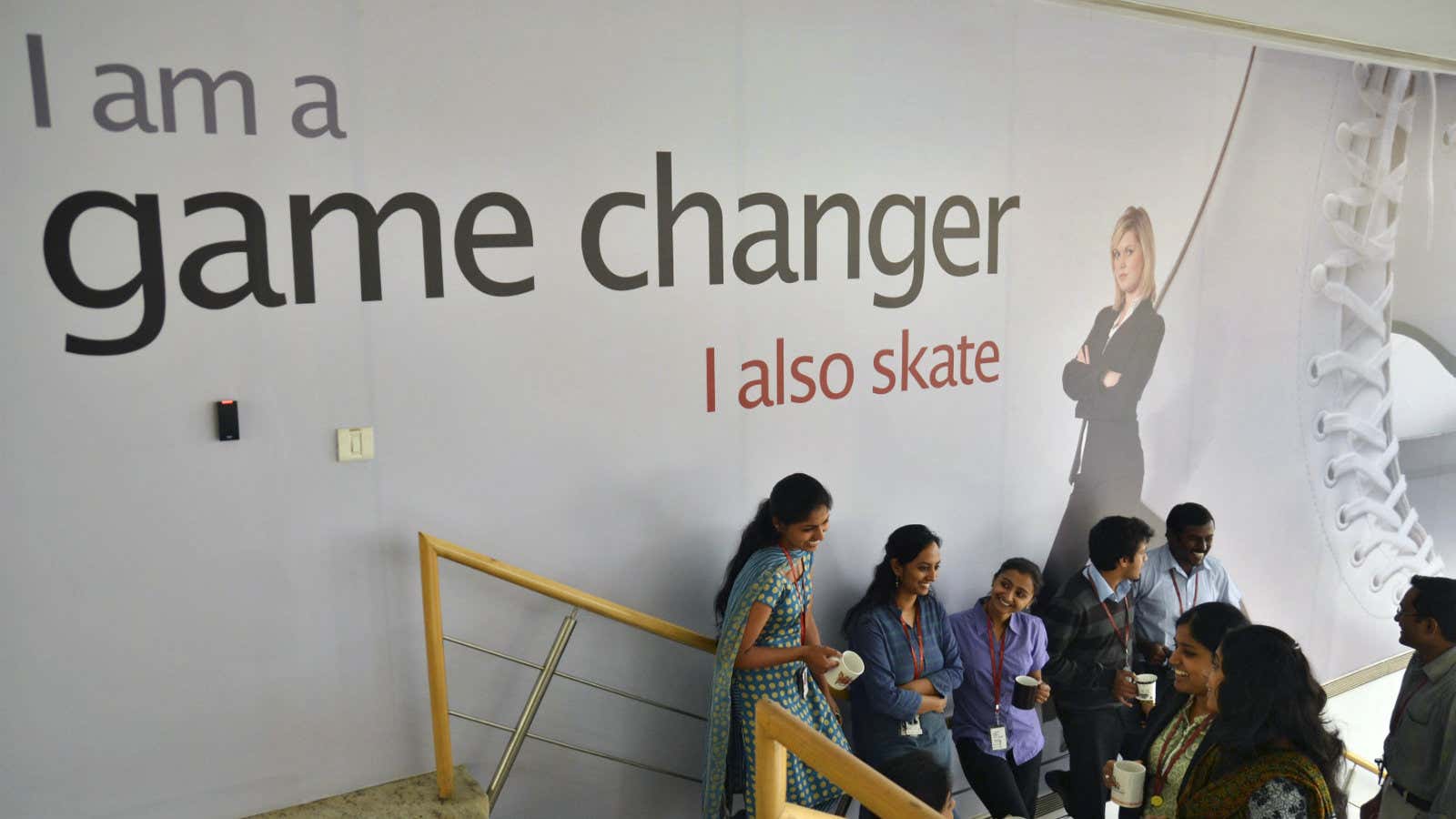If you were asked to speak to a class of freshmen students about the future of work, what would you tell them?
About a scenario that involves the continuing march of technology, automation and artificial intelligence, or one where collaboration, new ways of thinking, and creative problem solving dominate? Or would it be a bit of both?
More importantly, how would you prepare your organisation to receive these students in the future?
The workplace of tomorrow is a dynamic concept that evolves with shifts in the nature of work, demographics of the workforce, societal challenges and the penetration of technology. Hence, if you had to tell the freshmen class something useful, it would be that to stay ahead, you have to focus on your ability to continually adapt, collaborate, and embrace change while holding on to your core strengths and values.
Tomorrow’s workplace is being given shape and form by today’s workers. And the group that is the most influential and vocal is the millennial worker. Millennials will soon account for over half of an organisation’s workforce, making them an important cohort to collaborate with and integrate into an organisation’s functioning. The changes brought about by this group will be as far reaching as the one brought about by the baby boomers in the 1970s, and the industrial workers in the early 1900s.
Given India’s demography, and the high share of millennials in the country, we need to have a more nuanced approach. Close to 30% of India’s population is below 15 years and by 2035, the country will have the highest working population anywhere in the world—close to 65% of the overall population.
Young Indians have changed their outlook towards work. “Am I learning and growing?” is a question that resonates most with them, and the way your organisation helps them find an answer will be the reason for their engagement with you. A steeper learning curve, and not a long tenure, is what they want to boast about.
Entrepreneurship is another trait that defines millennials. Even within their organisations, they exhibit creative confidence by leveraging various platforms to collaborate and innovate. The growing popularity of hackathons and other ideation events stand testament to this. Organisations that fashion a similar culture, and are open to new ideas will reap the benefits.
Let’s look at three areas where organisations can improve productivity to gain a competitive advantage.
Integration vs fragmentation
There are many implications of an organisation where older employees and millennials work together. A successful workplace leverages the strengths of both. The key to success is creating and maintaining an integrating culture. This enables teamwork, connect, and a sense of shared learning.
The current workforce demands an integration of wisdom derived from experience and the drive for innovation brought in by youth. The end result of such a synthesis would be a seamless business outcome that is creative, functional, and economical.
Collectivism vs individualism
Specialisation is highly prized by today’s employees as skills, experience, and networks become individually held. Companies can lay claim to these only as long as the individual is affiliated with the organisation. Rather than discouraging this trend, it’s up to the organisation to integrate these individual assets into the collective use of the organisation.
The only way to create collaboration and shared learning in the workplace is by encouraging a sustainable synergy between individuals who focus on their individual knowledge while delivering a common purpose.
Experience vs inefficiency
The interactions an employee has with the outside world as a consumer is far superior to the inefficiency she meets in her organisation as an employee.
Every company is strongly predisposed to deliver an employee experience based on deeply-entrenched legacy systems, culture, and unwritten rules. The older an organisation is, the more frustrating the experience becomes. The workforce of today does not distinguish between the experience at work with that outside of work and it is important to relook at employee experience through the lens of a consumer.
Making your workplace and workforce ready for the future involves investments in time, people and technology. There is a clear window of opportunity for organisations to shape their future using the above three levers. An integrated workforce is what will be a differentiator for any company to stay relevant as a workplace.
In the future workplace, as millennials and older workers seek out greater meaning and relevance in what they do, the challenges will be interesting. A greater awareness of the social impact of business, a strong desire for fairness and increased focus on individual rights and freedoms will make the workplace invigorating.
However, the desire to do good, the thirst for learning, and an acceptance that we are in this together will totally change the workplace we know today, for the better.
We welcome your comments at ideas.india@qz.com.
